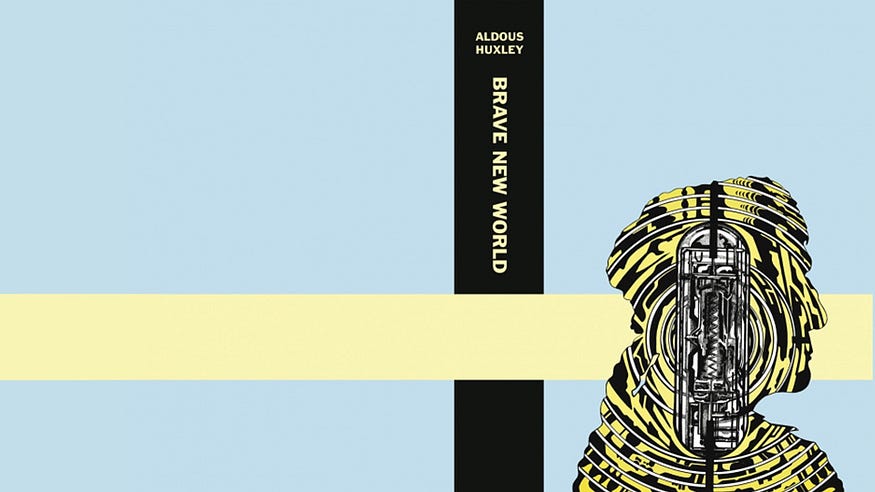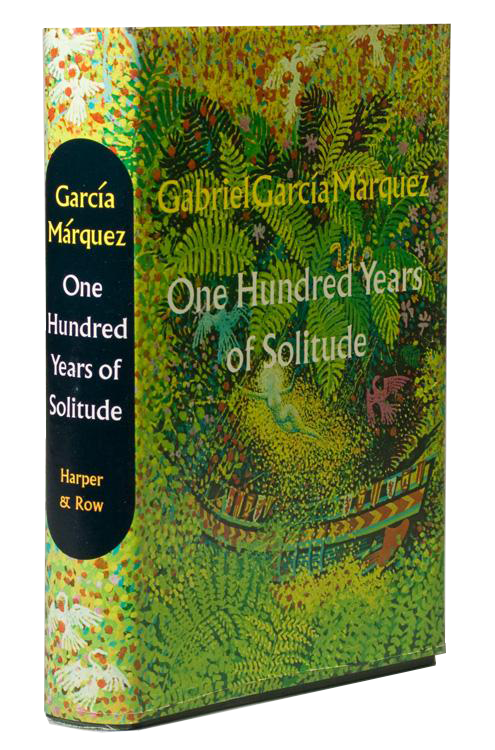How many times have you read a book that touched your very soul? Now, how many out of those times were it a fiction book? Chances are that you’d likely say most of the time.
From the futuristic societies in science-fiction to the ancient lands of Fantasy books, fiction helps us widen our imagination to the extremes. Fiction is not just about extravagant storytelling and amusement. Fiction allows you to view the world from a fresh perspective. And Sometimes, It can even change the way you think.
If you’re not an avid reader you might think there’s only so much time to read books let alone fiction. In today’s content-flooding world, who’d want to spend hours upon hours reading when you can just watch stuff. That sounds kinda reasonable when you have the attention span of a goldfish. Well, let me tell you that reading is one of the best ways to improve your attention span. But that’s a topic to be discussed some other day.
The Benefits of Reading Fiction
When we read Fiction something special happens within our Brains. We pick up a book and can experience somebody else’s life events through words. Isn’t that amazing? To step into the shoes of those characters and access the intricacies of their minds. It not only allows you to peer inside the head of the character, but it also allows you to reflect on your own inner thoughts.

Fiction stimulates the imitation of characters and situations, as well as the mental, social, and emotional variables and experiences that these characters are experiencing.
All this praise that I’m giving fiction is not sugar coating. There are actually multiple profound pieces of research and scientific evidence to prove the benefits of reading Fiction.
One study published at the National Library of medicine in 2011 called “Neural bases of social cognition and story comprehension” showed that many sections of the core mentalizing network, which includes the medial prefrontal cortex and other decision-making and emotional salient portions of the brain, overlapped with narrative and storytelling processes.
Fiction provides an interesting way to learn about different people, cultures, societies and languages. Not that you can’t learn about them without fiction, after all, every piece of information is only a click away. However, what fiction does is that it creates a sense of connection between the reader and the prose. You start empathizing with the characters, their struggles and their joys. It challenges you to alter the way you perceive other people’s world.
Focusing on social-cognitive tasks, fiction readers outperformed non-fiction and no readers, according to a meta-analysis of 14 pieces of research. In another meta-analysis, fiction readers were shown to have a higher connection with social cognition measures than non-fiction readers.
The way information is presented and written in fiction makes a lot of difference. If the same piece of information is provided in a more formalized text. It just won’t have the same kind of impact.
To support this claim, another experiment was conducted on undergraduate students who were required to read a brief passage from a well-known novel. The other group was made to read the same excerpt but the text was altered to a more documented style. Ultimately, The former group had a much bigger shift in self-reported personality characteristic experiences than the latter.
Fiction may therefore have a role in helping brain development and maturation. So, what’re you waiting for? Pick up a good fiction book and start reading. The Choices are endless, and to quote Tony Robbins-
The only limit to your impact is your imagination and commitment.

My Recommendations
My favourite Fiction book is DUNE by Frank Herbert. It is the world’s best-selling Science-fiction book of all time. Published in 1965 and set in the far distant future, DUNE is the story of a young boy named Paul Atreides and his journey into the desert planet of Arakis.

DUNE is much more than a science-fiction novel. Underneath the compelling epic that it is, it includes significant and adult issues. Institutionalized Religion, Politics, Environmentalism, Human Greed, and Spiritualism are some of the themes explored. Readers have been able to discover the connections linked to many real-world religious systems such as Buddhism, Sufi Mysticism, Catholicism, Islam, Hinduism, and Judaism over the years.
The Bene-Gesserit Litany from the book goes like this, “I must not fear. Fear is the mind-killer. Fear is the little death that brings total obliteration. I will face my fear. I will permit it to pass over me and through me. And when it has gone past I will turn the inner eye to see its path. Where the fear has gone there will be nothing. Only I will remain.”
As a person who used to be really under-confident in my life choices, these few lines from the book alone have helped me a lot during my darkest times. What I’m trying to say is Fiction can be a beacon of hope and inspiration in your tough moments of life. DUNE is a book that everybody should read at least once in their lifetime.
Another book that I think everybody should read is The Alchemist by Paulo Coelho. This is a book that teaches you about so many things through the magnificent tale of a shepherd boy who falls in love with a desert woman. The Alchemist is an unforgettable book that I keep coming back to whenever I feel lost in life. It’s about chasing your dreams and realising your calling. This is a riveting book that must be read and cherished by all.

I’d like to recommend another historical fiction book called The Book Thief by Markus Zusak which I’m currently reading. I watched the film adaptation way back in 2013. I absolutely loved the film. Well, I can’t form an opinion about the book before finishing it. However, I’m loving every single bit of it as I read along.
Honestly, there are so many other amazing books that I wanna mention here but the list goes on and on. However, I’d like to list some of my favourites here:
Brave New World by Aldous Huxley

1984 by George Orwell

To Kill A Mockingbird by Harper Lee

Tips and Thoughts
Now, I know this whole “Change the way you think” phrase may sound like an overstatement.
What I have to say is just try reading a good book for yourself. Pick a classic and just start. Chances are you may just make it your favourite book. But bear in mind that to actually feel the changes you have to keep consistent at reading. It’s not a one time deal. You have to make it a habit. Start small and read a few pages every day, you don’t have to devour whole chapters at once. Remember the key is consistency.
People often say that they just can’t read fiction because the language is too sophisticated and is not on par with their understanding. Now, I understand that not everybody is an English major. I also understand that you may find it a little intimidating if you’ve never been a keen reader. If that’s the case, start with children’s books. That’s how I started to develop an interest in reading. They are easy and fun to read for beginners.
Ultimately, Fiction is meant to make us aware of the capabilities of the human mind. To experience something extraordinary. It wakes our imagination and piques our curiosity. It’s not about escaping reality. It’s not just about dreaming. It’s about learning something human that we fail to realize in the banalities of real life.

Comments